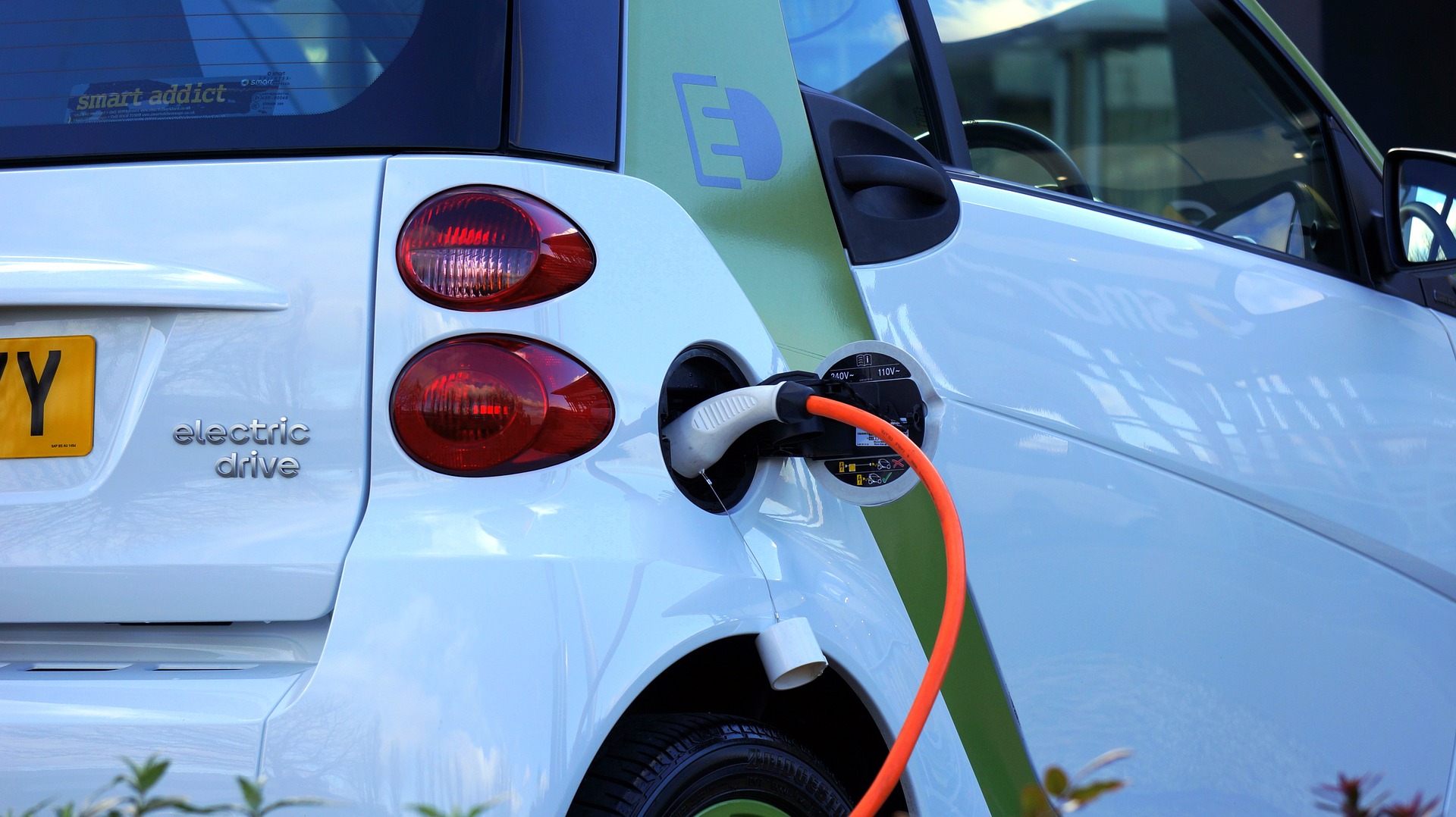By Warren Miller, contributing writer
Once electric cars are on the road in force, the new driving infrastructure that evolves to support them will be very different from the one you’re familiar with. The traditional gas station, for example, will most likely be a thing of the past, but perhaps not for the reasons you think.
Some reports assume that the gas station will adapt by simply adding charging stations to the existing infrastructure. Major oil companies such as Shell have already started installing electric charging stations at their gas stations, tacitly accepting that the transition from gas-powered to electric vehicles is all but inevitable. Gas stations in the future may be more like roadside convenience stores, a la 7-Eleven, as explained in a recent report by Electrek.
In fact, in the United Kingdom, it seems that legislation will soon be introduced requiring all petrol stations to provide charge points for electric and hydrogen-powered vehicles at motorway service areas and fuel retailers. The legislation also establishes standards for charging operations and technology.
Tesla, perhaps the most well-known electric car manufacturer in the world, has already installed thousands of charging stations all over the world. The time it takes to recharge an electric vehicle is still the biggest impediment to eliminating the need for traditional gas stations altogether. Waiting for hours for your car to recharge isn’t conducive to long car trips, in which travelers typically refuel their vehicles several times a day.

Image source: Pixabay.
Even if charging your car only required an hour — which assumes some significant improvements in existing charging technology — the traditional quick-stop gas station just wouldn’t work. Even the offer of coffee and a day-old Danish wouldn’t get many customers to wait around for an hour at a gas station while their car was being charged. Perhaps a charging station at a restaurant or the shopping mall would work, but probably not for your normal day-to-day charging.
So if gas stations are going away, what will replace this element in the automobile infrastructure? With charging times of a few hours, you need to charge your car at the locations where you spend the most time, like at home or at work. Home energy generation (perhaps using solar cells) and electric storage (needed if your car is not at home during the day when the solar cells are active) will make it easy to charge the car while it is parked in your garage overnight. No need for the trip to the gas station to fill up between visits to work or to do errands. While at work, your parking garage may offer a charging station as part of a monthly parking fee. If you’re lucky, your office may install a solar-powered charging lot and offer car charging as a benefit.
The impact of the shift to electric cars is going to drastically alter our familiar and pervasive refueling infrastructure. Unless there are significant changes in the current constraints on the amount of time it takes to charge an electric car, you can expect most of your local gas stations to disappear, maybe to be replaced by a couple of banks of vehicle chargers at your favorite restaurant or shopping center, as well as at home and at work. Here’s hoping that we don’t end up with autonomous vehicles spending a good part of their day driving around looking for a vacant charger.
Advertisement
Learn more about Electronic Products Magazine





